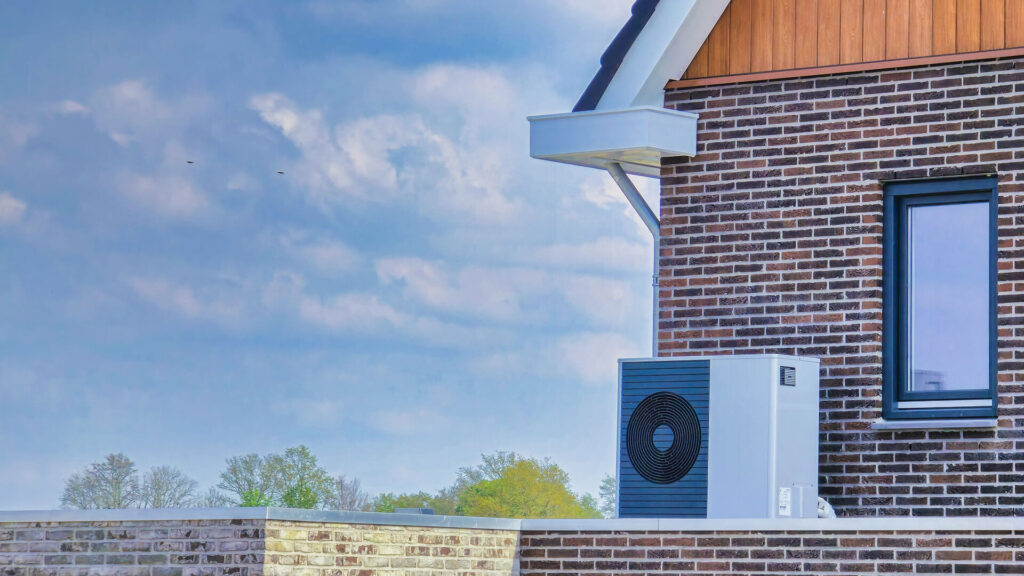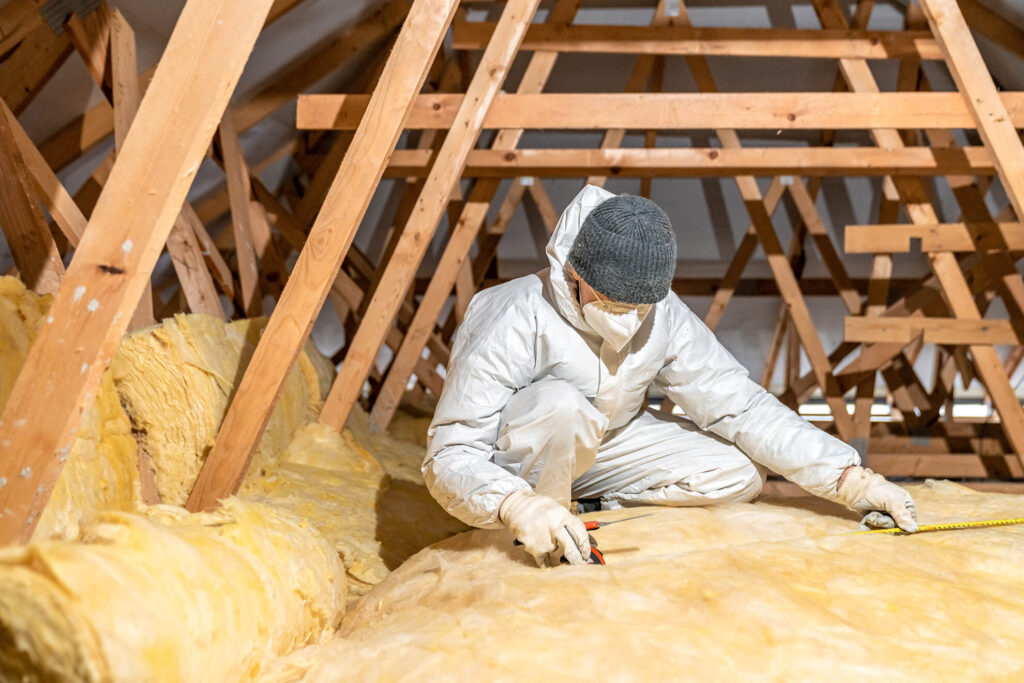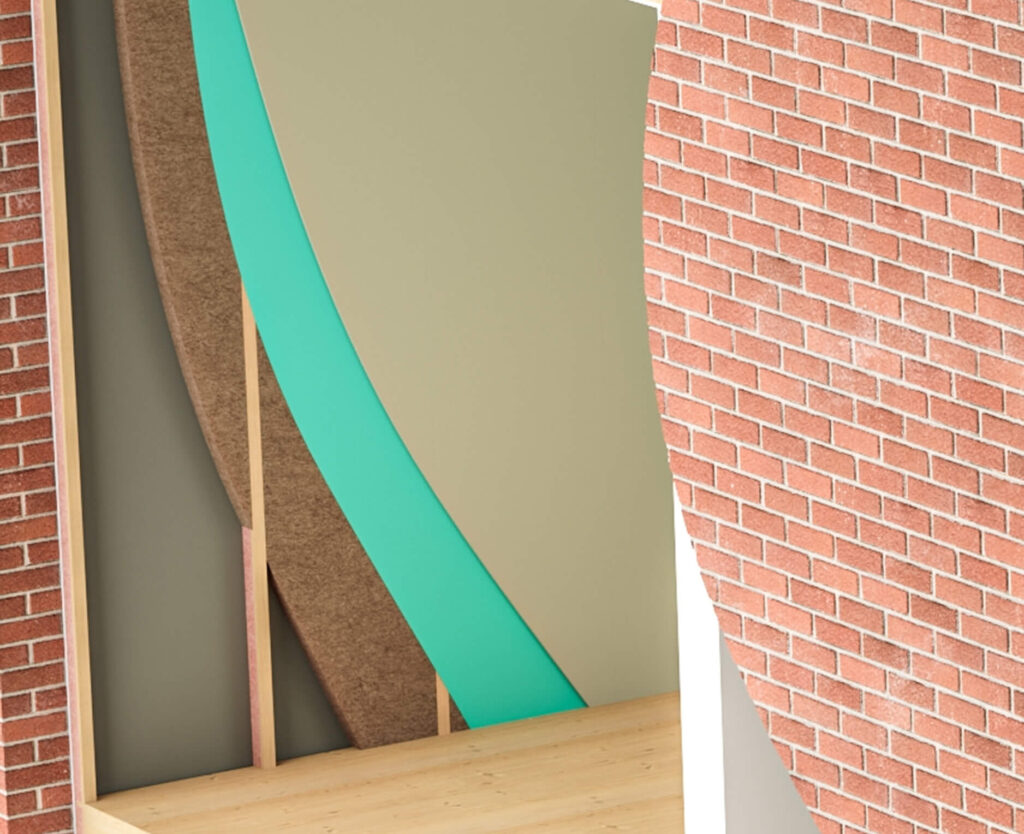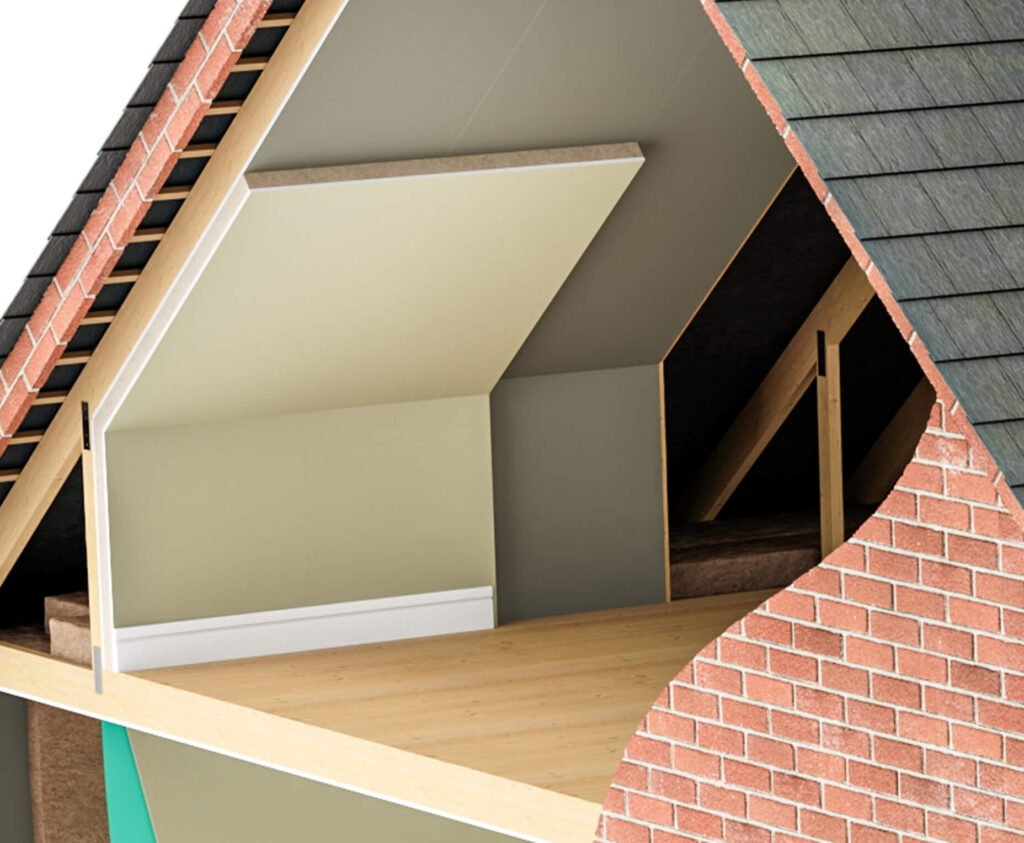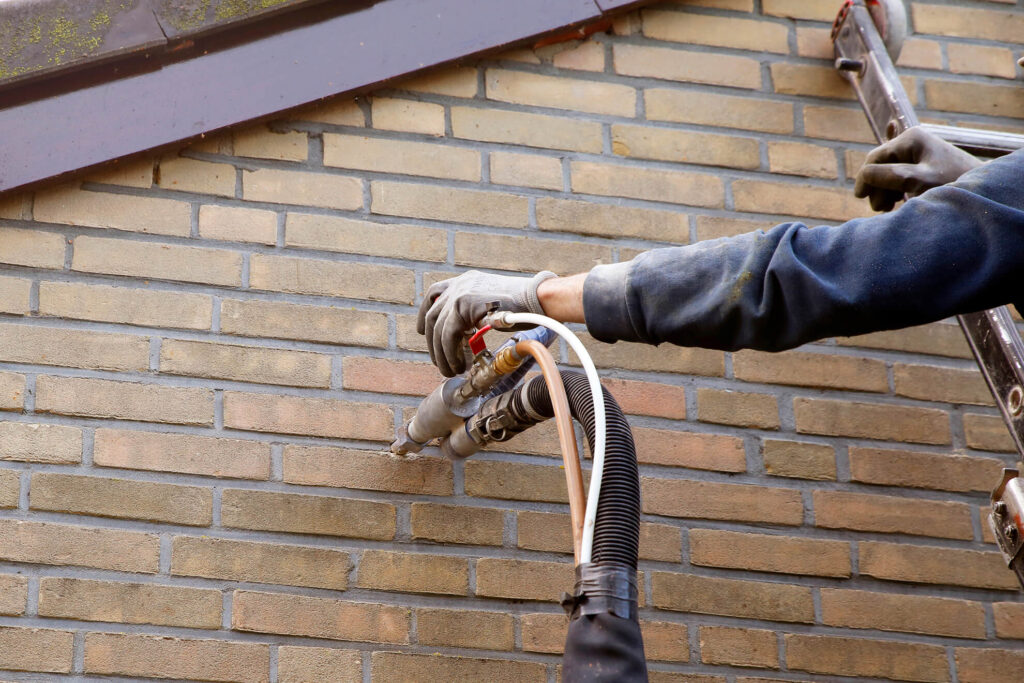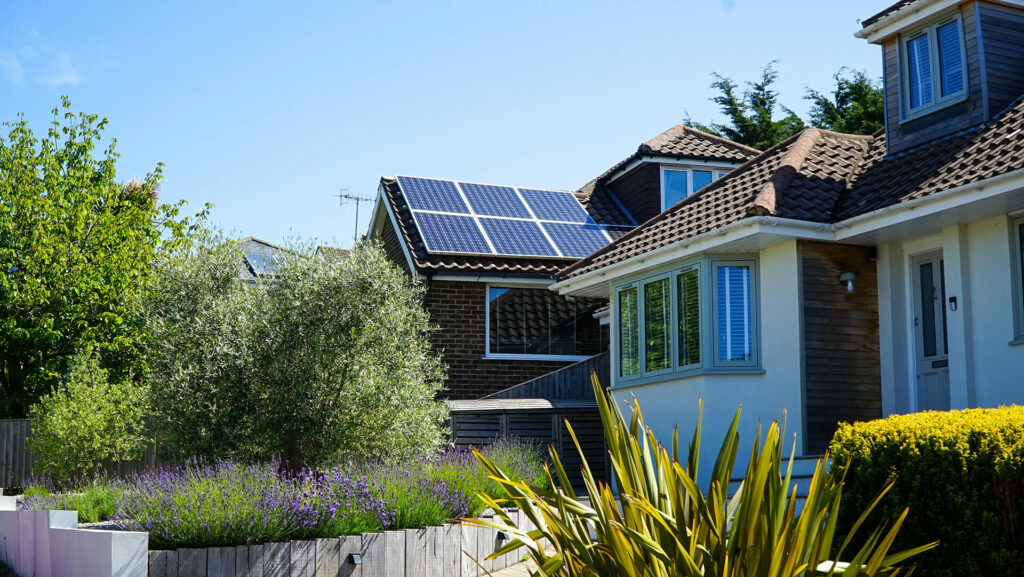Damp walls or cold rooms? Discover why cavity wall insulation extraction might be the answer to a warmer, cosier home. Learn about the costs, process & government grants.
What is cavity wall insulation extraction?
If the insulation material in the cavity space between the external and internal walls of your property is either damp, faulty, incorrectly installed, or just deteriorating over time, it will need to be removed by professionals. Not only can it do long-term damage by leaving it in places, but ultimately, you will be paying higher energy bills as the insulation is not doing what it should to
keep the heat from escaping.
Why you might require cavity wall insulation removal
Often, there are a few tell-tale signs in your home to let you know that the insulation in your cavity walls may not be performing as it should.
- You’ve noticed damp or mould on the walls
- Your home is cold even though you have insulation
- The insulation was done a long time ago, maybe over 20 years ago
- When it rains, you often see stains on the walls
- The issue has been flagged up when trying to sell your property
If you’re noticing any of these signs, and to prevent structural damage, it is advised to remove the defective cavity wall insulation, making way for fresh, newly improved insulation so you can benefit from a warm home once again.
How to remove cavity wall insulation
You will need to engage the services of a professional and certified installer to remove cavity wall insulation in your home, ensuring that the retrofit company is fully certified and accredited. Once a qualified energy surveyor inspects your property, they will use borescope cameras to inspect your house and advise on the following procedure.
If cavity wall extraction is deemed the next step, the following sequence, carried out by professional cavity wall insulation extractors, looks like this:
- Small access holes are drilled on the external brickwork of your property in preparation for insulation extraction equipment.
- Pressurised air is then blown into the holes, loosening the insulation and making it easier to remove.
- The insulation and debris are then removed via industrial vacuums, sucking out and extracting the cavity wall insulation.
- A cavity inspection is carried out via the borescope cameras to ensure all the cavity wall insulation has been extracted and to inspect any damage the insulation may have caused. When satisfied, the holes are resealed and brickwork re-pointed.
How much will it cost, and how to choose the right contractor?
The cost depends on a few factors. The property size, whether it is a detached, semi-detached or terraced property, and the type of insulation within the cavity walls, as some insulation methods are more expensive than others to remove. Costs can be anywhere on the scale between £1,500 and £4,000, so a pre-removal survey is essential to check what insulation extraction and measures you would need to enjoy a warmer, more energy-efficient home.
Cavity wall insulation removal grants
Depending on your eligibility, you may be able to obtain government funding for some or all of the work carried out on your property through various cavity wall insulation extraction grants. Check the current energy grants, which include the Great British Insulation Scheme (GBIS) and ECO4 scheme.
When choosing a qualified and professional company, firstly, ensure that the installation company you select is fully accredited. This way, you know the work will follow best practices and be guaranteed.
SmartStone Energy Solutions is a member of the National Insulation Authority (NIA), TrustMark registered, so government-endorsed for energy-efficient work, and PAS 2035:2023 retrofit standard. All products come with a 25-year Insurance Backed Guarantee (IBG).
If you think your cavity wall insulation is not up to standards and feel your home is suffering, contact SmartStone Energy Solutions today for a quote.
